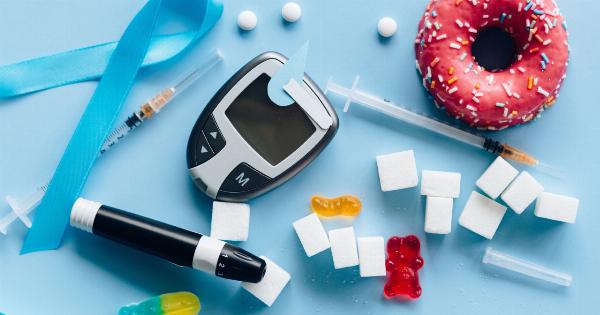Expectant mothers often get advice to “eat for two” during pregnancy. While this advice is well-intentioned, it doesn’t reflect the truth about healthy eating during pregnancy.
This article examines the truth about eating for two during pregnancy, dispelling common misconceptions and providing helpful tips for expectant mothers.
Understanding the Science of Eating for Two
At its core, “eating for two” means that an expectant mother is consuming enough calories and nutrients for herself and her growing baby.
However, this doesn’t mean that women should literally double their caloric intake or consume any and everything they want. In fact, doing so can lead to unwanted weight gain, gestational diabetes, and other health issues.
The recommended daily caloric intake for pregnant women varies, depending on factors such as age, weight, and activity level.
Typically, expectant mothers need to consume an additional 300-500 calories per day in the second and third trimesters, beyond their pre-pregnancy calorie needs. This helps ensure that both mom and baby are receiving adequate nourishment.
The Risks of Overeating During Pregnancy
While it may be tempting to indulge in your favorite comfort foods during pregnancy, it’s important to remember that overeating can have negative consequences for you and your baby.
Excessive weight gain during pregnancy can lead to a host of health issues, including gestational diabetes, preeclampsia, and preterm birth. Additionally, carrying excess weight can put unnecessary strain on your body, leading to discomfort and overall poor health.
Healthy Eating Tips for Expectant Mothers
So, what does healthy eating during pregnancy look like? Here are some tips:.
1. Focus on Nutrient-Dense Foods
Pregnant women should aim to consume a variety of nutrient-dense foods, including lean proteins, fresh fruits and vegetables, whole grains, and healthy fats.
Nutrient-dense foods provide important vitamins and minerals that are essential for fetal development.
2. Avoid Processed Foods
Processed foods are typically high in sodium, sugar, and unhealthy fats. They also lack important nutrients that are essential for fetal development.
Pregnant women should avoid processed foods whenever possible, opting instead for whole, unprocessed foods.
3. Don’t Skip Meals
Skipping meals can lead to low blood sugar and a host of other health issues. Pregnant women should aim to eat three balanced meals per day, with healthy snacks as needed.
This helps maintain stable blood sugar levels and ensures that both mom and baby are receiving adequate nourishment.
4. Stay Hydrated
Drinking enough water is essential during pregnancy. Dehydration can lead to a host of health issues, including constipation, preterm labor, and low amniotic fluid levels.
Pregnant women should aim to drink at least eight glasses of water per day, more if they are physically active or live in a hot climate.
5. Talk to Your Doctor About Supplements
In addition to eating a balanced diet, pregnant women may need to take supplements to ensure that they are receiving adequate nutrition. These supplements may include folic acid, iron, and calcium, among others.
Talk to your doctor about which supplements are right for you.
The Bottom Line: Eating for Two During Pregnancy
Eating for two during pregnancy doesn’t mean that expectant mothers should double their caloric intake or indulge in every food craving.
Rather, it means that pregnant women should focus on eating a balanced, nutrient-rich diet that provides enough calories and nutrients for both mom and baby. By following the healthy eating tips outlined in this article and working closely with their doctor, expectant mothers can give their baby the best possible start in life.





























